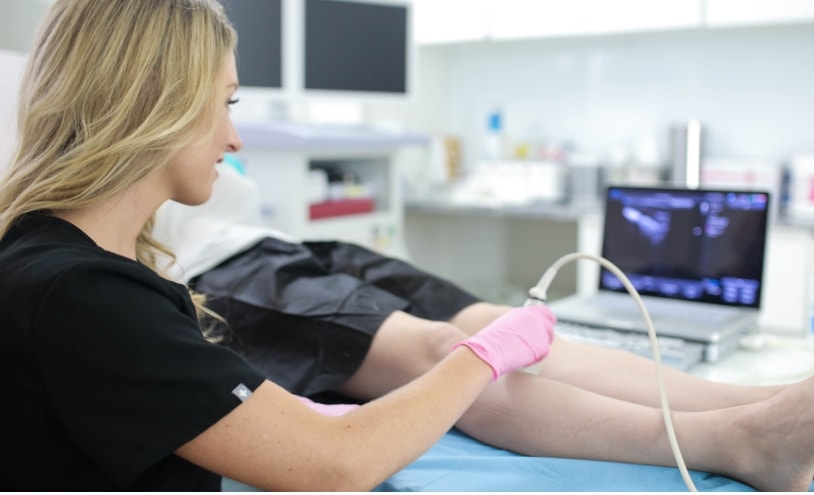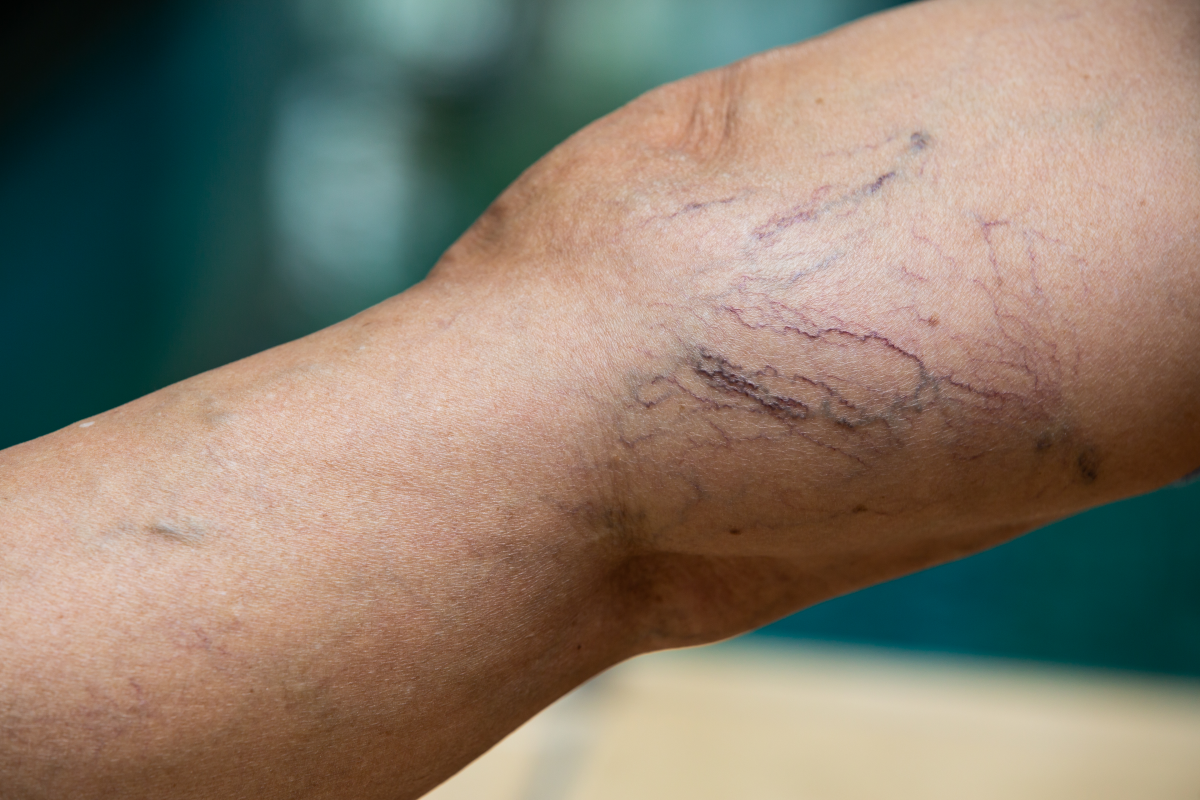Varicose veins are often visible on the legs due to improper flow of blood circulation. This is a cosmetic conern for some people because they focus more on appearance. But still, sometimes, people may complain about severe pain, discomfort, or swelling in the legs. Moreover, it can cause more severe problems like ulcers, blood clots, and rashes if not treated on time.
It is a wiser decision; you must consult a vascular specialist when you face any problem in finding a doctor to treat this venous disease; you can ask your family or regular doctor by mentioning your issues. What is the latest treatment for varicose veins? The latest varicose vein treatments include endovenous laser (EVLT) and radiofrequency ablation (RFA). These minimally invasive procedures are done through heat to seal the affected veins.

Some people wonder what to ask from vascular specialists during the first consultation. Here are some questions that you can ask with them:-
- What causes varicose veins?
- Whether they be cured permanently or temporarily
- What tests should I need for diagnosing varicose veins?
- What makes them worsen or complications?
How To Protect Yourself With Varicose Veins?
Your family history or genetics plays a vital role and enhances the risk of varicose veins. To protect from varicose veins, you can consider some things when dealing with issues.

- Keep yourself active throughout the day, as it improves blood circulation and strengthens your muscles.
- You must add a well-balanced and healthy diet to your daily routine life.
- Avoid sitting or standing in one place for long hours, which helps circulate blood flow. If you have a sitting or standing job, take small breaks, stretch your body, and take a short walk. These are some small steps that help you maintain your venous health.
- Compression stocks are designed to provide pressure to support circulation and reduce discomfort.
- Don’t wear tight clothes and shoes as it may resist the blood flow that can cause varicose veins. It’s better to wear loose and flat footwear to avoid this situation.
- Staying hydrated and drinking enough water helps maintain blood circulation.
- Take Over-the-counter pain relievers such as ibuprofen that help alleviate pain and discomfort. These medications don’t need any prescription and are easily available in medical shops.
- Consult a vascular doctor if your condition worsens or you’re concerned about varicose disease.
- Maintaining weight is one of the essential things in varicose veins; otherwise, it forces pressure on your legs that can influence blood circulation.
Diagnosis
To diagnose the vein condition, a vascular specialist performs a physical examination, observes your veins carefully, and may ask you to walk. They may ask you for imaging tests, X-rays, CT scans, and blood tests for assurance. These medical tests and examinations help them identify the diagnosis of varicose veins or how critical your condition is.
Wrapping It Up
Are you seeking for What is a Vein Doctor Called? Vein doctors are familiar with names such as vein specialist and surgeon phlebologist. These professionals examine your vein condition and suggest vein treatment accordingly. Don’t hesitate to discuss your problems with them.





.png)
Comments